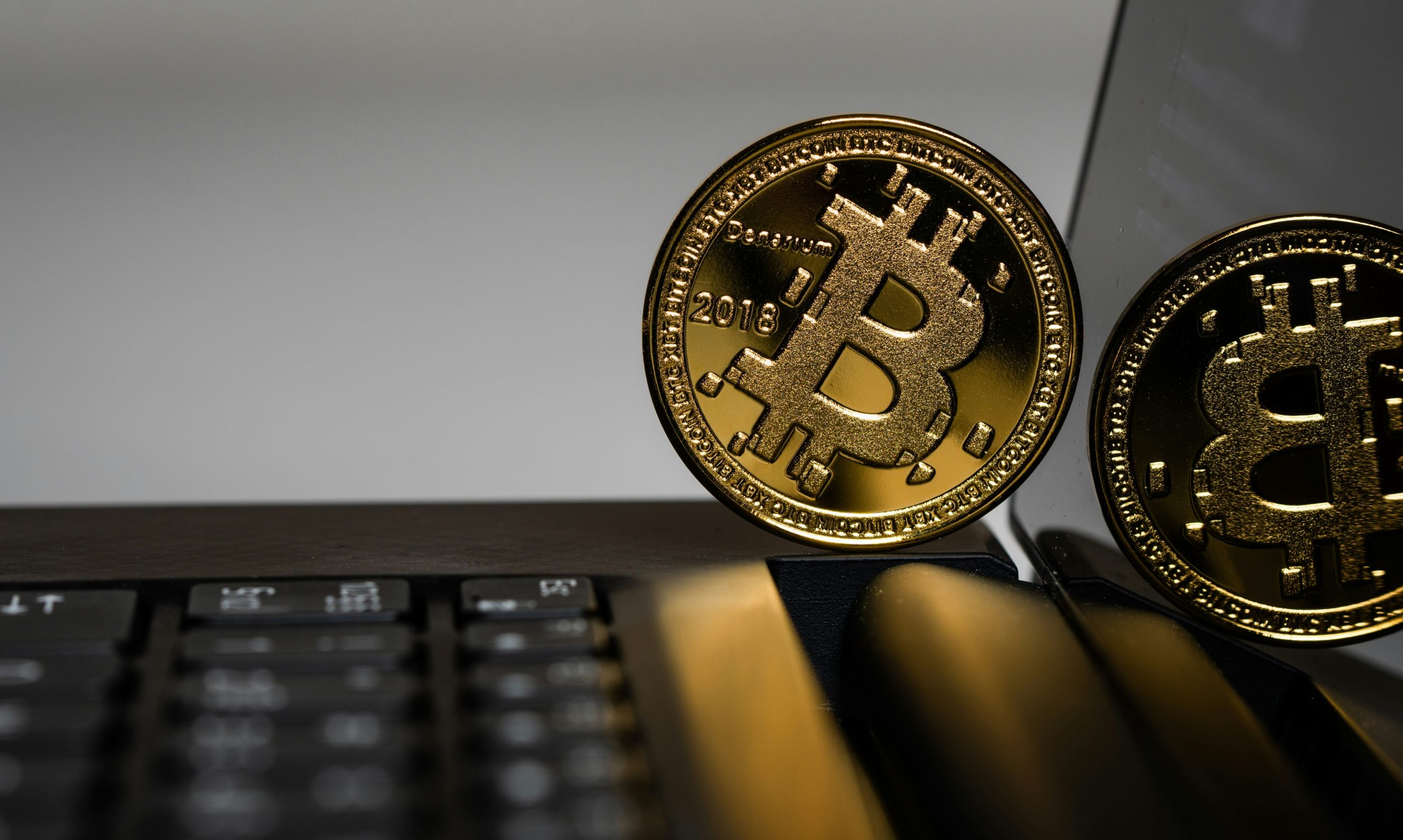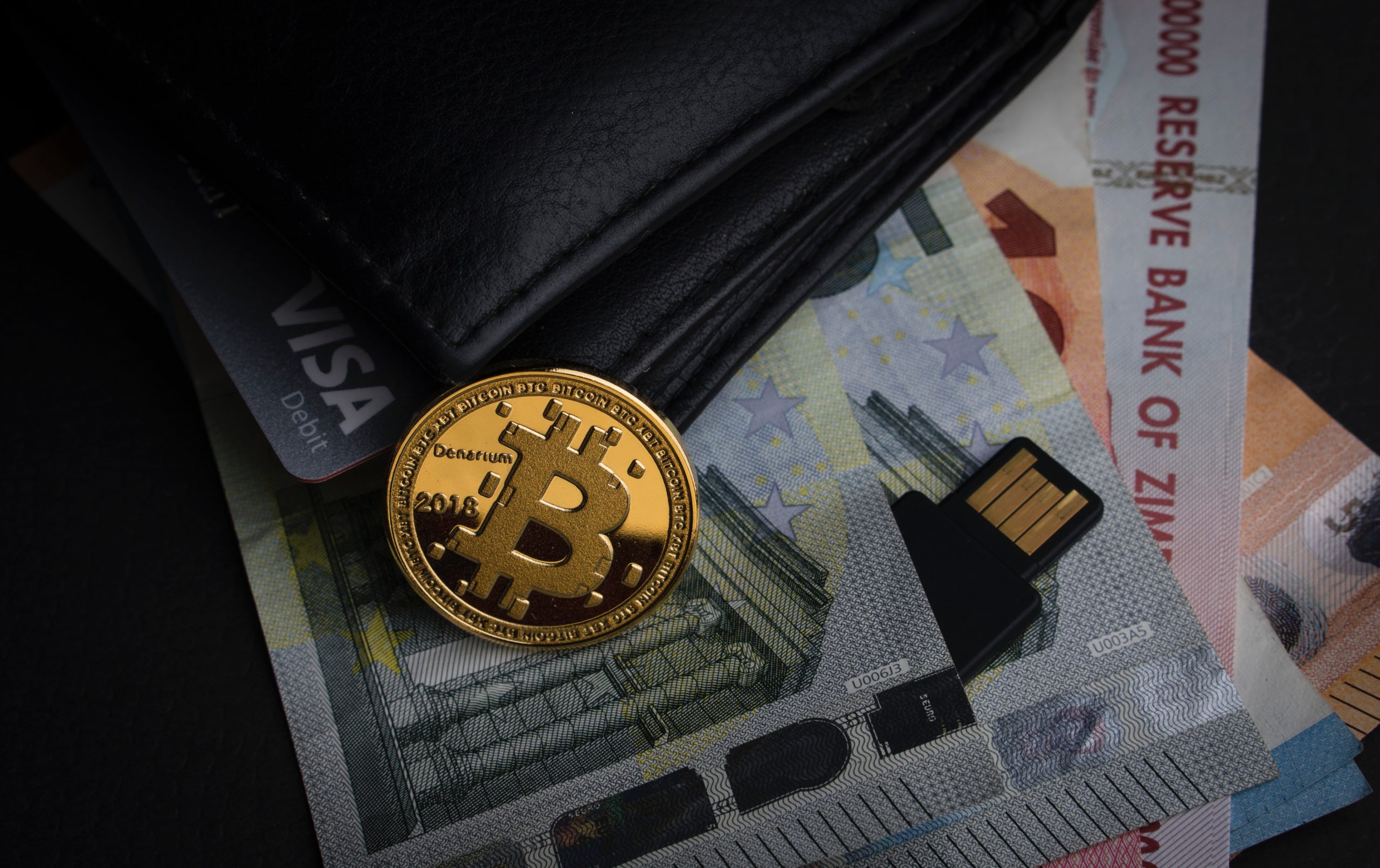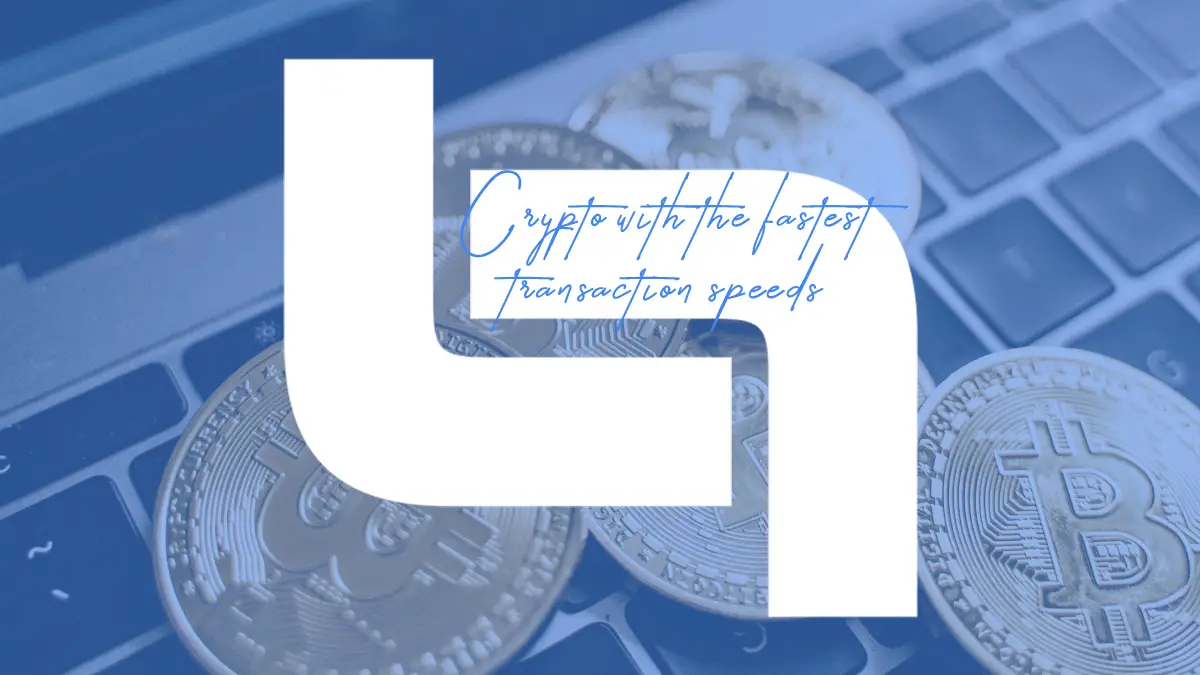In the fast-paced realm of digital finance, cryptocurrency viability hinges on its ability to process transactions rapidly. As an increasing array of businesses and individuals embrace cryptocurrencies for their routine financial dealings, it becomes clear that speed is paramount—a point that simply can’t be emphasized enough. Brisk transaction processing doesn’t just improve user satisfaction; it also bolsters the reputation of a cryptocurrency, potentially spurring greater adoption and elevating its market value. In this article, we will tell you the fastest crypto of 2024.
Measuring Crypto Speed
How can you tell how fast a cryptocurrency can operate? The metric known as Transactions per Second (TPS) is often brought up in discussions, especially among folks in the US delving into blockchain performance—analogous to a car’s speedometer but for digital networks.
Why Does Speed Matter?
Fast transaction speeds have become essential in a lot of major Industries and Reddit cryptocurrency users, with small to large-scale businesses starting to accept crypto to take advantage of its benefits, like speedy transfer times.
For example, online casinos that use crypto offer fast if not immediate payouts on demand, which is a huge draw for online players. Daniel Smyth further notes that some sites allow withdrawal in a few days, but others are as quick as 24 hours or less. Another industry eagerly adopting crypto for its speed is finance in the area of international money transfers. When using a traditional bank, global transfers could take up to 5 working days, but with crypto, transfers can be completed instantly. Additionally, e-commerce sites have adopted crypto as a payment method because it’s so fast. Instead of processing fiat currency, which can take longer, sites are starting to accept digital currency because it’s so quick to transact. The main reason crypto speeds are so fast compared to traditional banks is because they operate autonomously 24/7 hence improving efficiency for personal and business use.

So what are the fastest cryptocurrencies?
Ripple
Ripple, commonly known by its ticker symbol XRP, has emerged as a leader in the competition for fast transaction processing: it boasts an extraordinary capability—handling up to 1,500 transactions per second. Ripple’s network settlement times are not only brief but remarkably consistent; typically ranging from three to five seconds, making it a great choice for the above-mentioned crypto casino players who want their winnings immediately. Central to this efficiency is Ripple’s distinctive consensus protocol—a stark deviation from conventional mechanisms such as proof-of-work employed by prominent counterparts like Bitcoin.
As a result, Ripple is not merely an exemplar of swift blockchain technology; it also distinguishes itself by its innovative and adaptable approach to digital currency transactions: rather than relying on the conventional mining methodology – which is energy-intensive and often sluggish – Ripple employs a unique system comprising meticulously curated node lists, each responsible for verifying transactional integrity. This accelerates the rate at which transactions are processed while simultaneously reducing the energy demands typically associated with established mining protocols.
Stellar
Stellar (XLM), a cryptocurrency distinguished by its lightning-quick transaction capabilities, has been the recipient of considerable acclaim: it possesses an extraordinary ability to facilitate upwards of 3,000 transactions per second; furthermore, it sustains an average processing duration of a mere five seconds for each transaction. The remarkable efficiency exhibited by Stellar is primarily due to its pioneering technology—the Stellar Consensus Protocol (SCP)—which operates as a federated Byzantine agreement system; this sophisticated mechanism guarantees rapid yet secure authentication for every individual transfer conducted within the network.
The Stellar Consensus Protocol (SCP), a veritable ‘secret sauce,’ gets the attention of observers within the cryptocurrency community. It works to underpin each transaction’s authenticity with unparalleled immediacy on its platform. This very protocol—distinguished by its decentralization—has precipitated IBM’s World Wire service to enter into alignment with Stellar: together, they are pioneering instantaneous cross-border exchanges in an assortment of currencies.
The strategic integration of the Stellar Consensus Protocol (SCP) within IBM’s operational framework not only underlines the inherent utility of Stellar itself but also its potential for broad-based adoption: it simplifies complex international transactions without sacrificing either speed or dependability. Furthermore, this collaborative endeavor between SCP and IBM serves to illuminate—with striking clarity—the seamless nature with which capital can traverse national boundaries.
Solana
Parallel in innovation and performance, Solana (SOL) captivates with its remarkable throughput abilities, thanks largely to an advanced consensus mechanism known as Proof of History (PoH). Combined with Proof of Stake (PoS), this system propels Solana’s processing power to handle 65,000 transactions per second—an impressive feat highlighting significant strides in cryptocurrency advancements. Both blockchains stand out not only for their technical prowess but also because they cater effectively to business demands within the rapidly evolving world of digital finance—a combined testament to how both Stellar and Solana are redefining efficiency standards while paving new pathways toward broad adoption by enterprises worldwide.
Algorand and Cardano
Algorand (ALGO) and Cardano (ADA), each blazing their own trail as frontrunners in the realm of transaction speed, continue to impress with their respective consensus mechanisms.
Algorand employs the Pure Proof of Stake (PPoS) protocol which guarantees that every participant is actively involved and safeguarded, while also ensuring swift transactions within an authentically decentralized network. This approach enables not just rapid processing but fosters a democratic environment where no single entity dominates.
Conversely, Cardano’s Ouroboros algorithm represents a harmonious blend of security and velocity without compromising on decentralization—a testament to its thoughtful design focused on scalability. The creators have skillfully calibrated this system to optimize efficiency alongside speed. Both cryptocurrencies are at the forefront when it comes to innovation; whether it’s PPoS for Algorand or Ouroboros for Cardano—each platform ensures equitable participation along with expediency in digital transfers.
Will Cypto Get Faster?
Looking to the future, crypto industry innovators are not slowing down in their quest to revolutionize transaction speeds. With new technological advancements on the horizon—promising even faster processing times—the landscape of digital finance is poised for significant change. As these emerging technologies mature and gain traction, they may very well surpass current benchmarks for speed, transforming transactions into lightning-fast exchanges. This evolution could profoundly impact how cryptocurrencies are perceived and integrated within mainstream finance and beyond, shaking up various industries along the way.
Such developments have the potential to redefine industry standards as we know them today by fostering broader acceptance of digital currencies across numerous platforms. As each breakthrough emerges around every corner in this fast-paced arena, it’s clear that our expectations for rapidity will continue to escalate—and rightfully so—with these innovations promising a seismic shift towards more efficient financial systems where cryptocurrencies play a major role at center stage in everyday money matters as well as global economic policies.

Conclusion
In conclusion, Ripple, Stellar, Solana, Algorand, and Cardano—cryptocurrencies that are renowned for their lightning-fast transaction speeds—are revolutionizing the digital economy with their efficiency and enhanced user experience. These trailblazers have implemented innovative technologies and demonstrated impressive performance; they now exemplify what users should demand from blockchain transactions.
It is perhaps not surprising to learn that crypto has cemented Itself as one of the most popular payment methods in the modern era and in the future may be our main method of paying and receiving money. Not only is crypto fast, but it also offers users other benefits, like added security and reduced fees. As we witness the continuous evolution of this space, it is unequivocal that fast transaction speed remains a paramount aspect that will persist in shaping the expectations and experiences of users within this dynamic industry.


